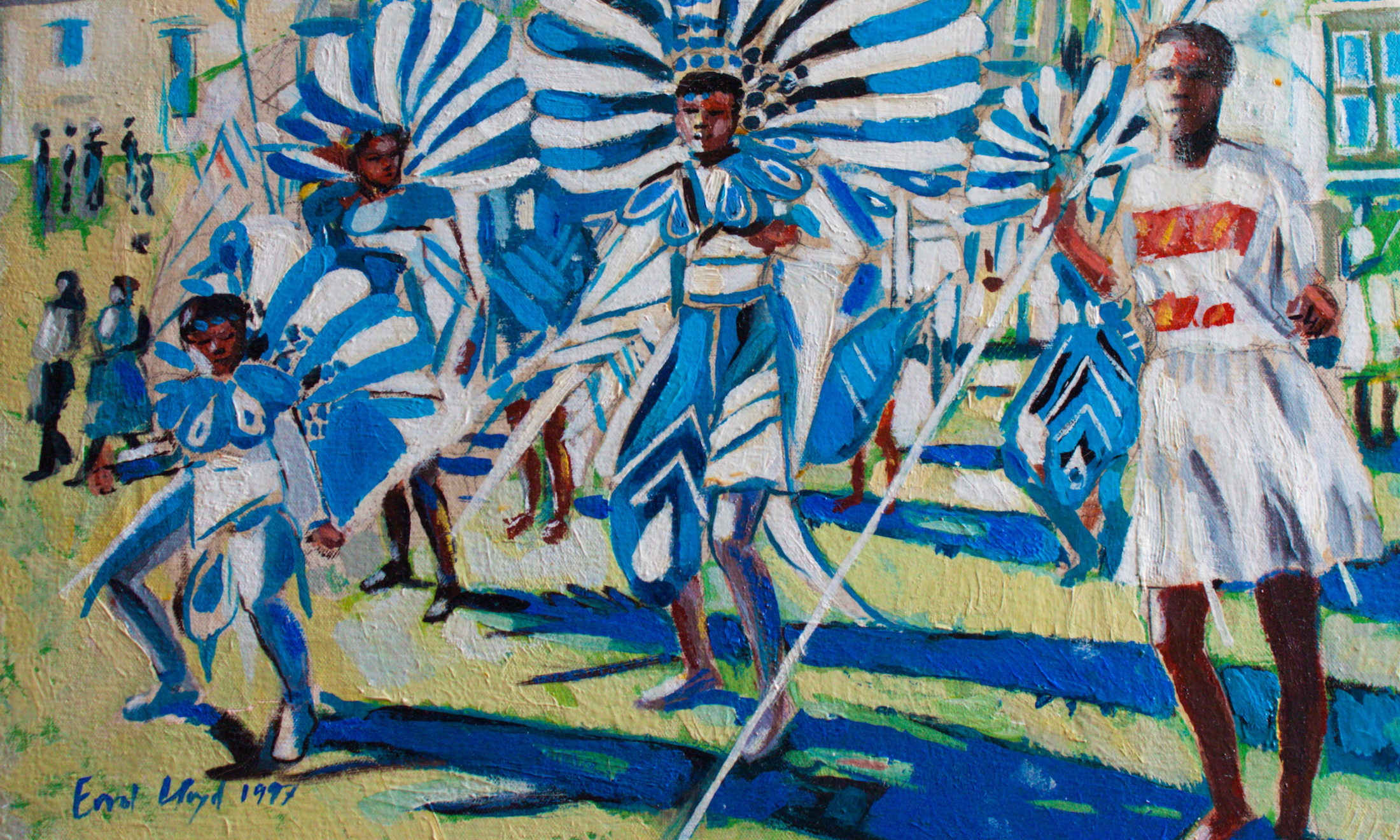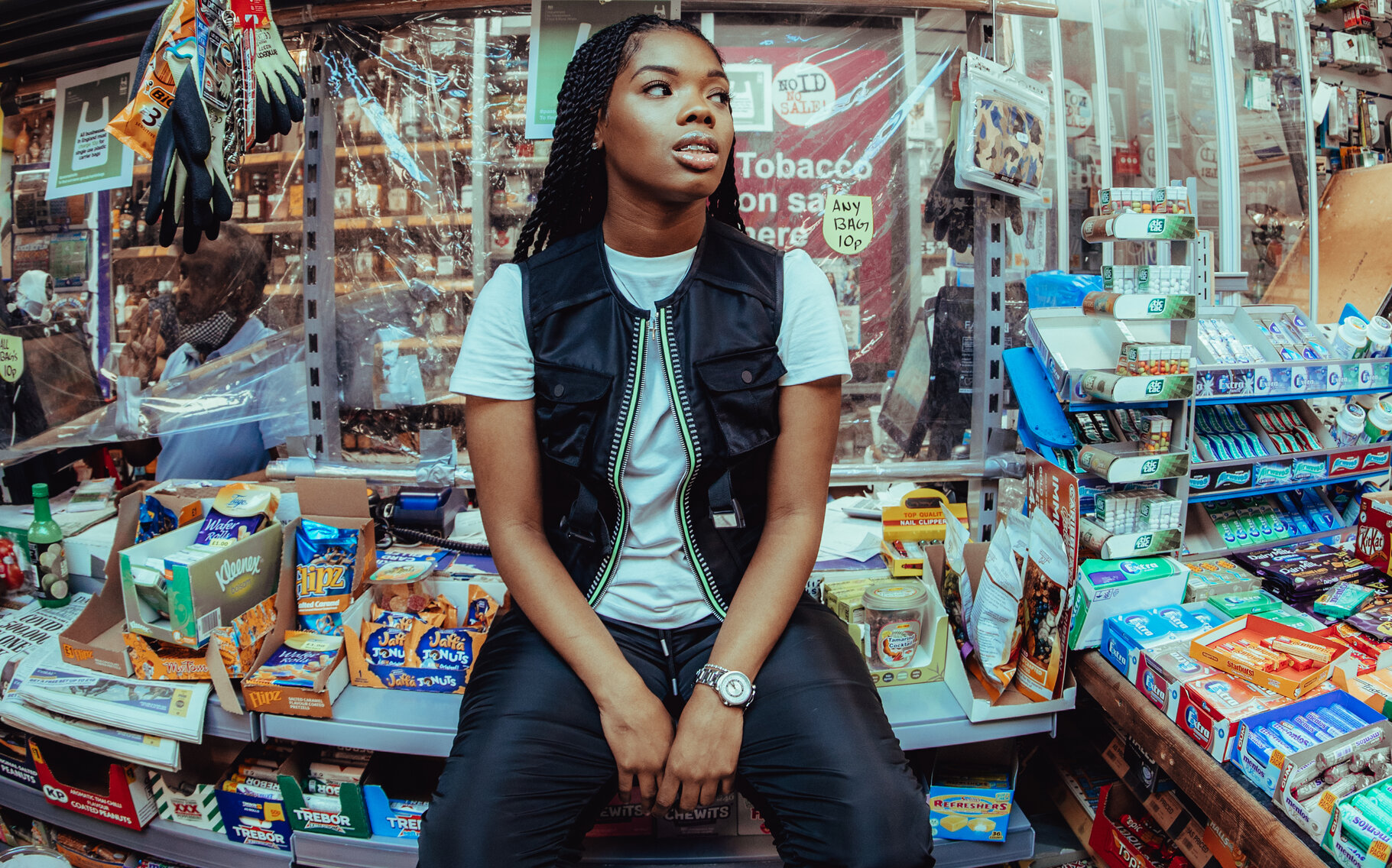
Image via Wikimedia Commons
This time of year fills me with a unique excitement. Every year, from Leeds to London, Manchester to Birmingham, Caribbean carnivals take to streets and parks. The sound of music systems blasting reggae and dancehall music, and streets littered with caribbean food stalls, fills me with a palpable sense of pride. As carnivals take place this summer, it is all the more vital that we recognise their importance in light of the Windrush scandal and structural racial issues in the UK.
To understand why carnivals are so important to our community, we need to look at the cultural history of Caribbean people in the UK. When many Caribbean people arrived to the UK in the 1950s and 1960s, they arrived to what they saw as the motherland. The British Nationality Act of 1948 established these bold Caribbean arrivals as British citizens. Naturally, they were devastated when they were met with horrific levels of contempt and intolerance. The first carnival in Notting Hill was in 1959. A year prior, in 1958, the community in Notting Hill was marred by race riots. On 20 August 1958, 400 white men marched through the streets of Notting Hill, attacking houses and black women and fighting with locals. They shouted chants such as “we’ll murder the bastards” as they “nigger hunted” their way through London. In the 1980s, more race riots took place in London, as well as in 2001 in the Birmingham and Northern England.
These racial tensions were, and still are, a response to racism and a result of feelings of powerlessness in the black community, as well as inequalities of opportunity, wealth and education. For example, in contemporary Britain, black Caribbean and white/black Caribbean children are excluded from school at a much higher rate than their white peers. In addition, black people in Britain are eight times more likely to be stopped and searched by police by a system that is supposed to protect them. These issues, to name a few, demonstrate how the treacherous and difficult past is inextricably linked to the experience of contemporary British society for British citizens of Caribbean descent.
More than ever, the carnivals happening across the country this year celebrate not just the vibrant cultures of the Caribbean – but the resilience of the Windrush generation and their descendants.
Tensions between black communities and their white neighbours were, and often remain, tense in many areas. Each year carnival and its welcoming, exciting, and friendly nature, acts as a contradiction to the propaganda, racism, and intolerance that British society forces on the Caribbean diaspora.
More than ever, the carnivals happening across the country this year celebrate not just the vibrant cultures of the Caribbean – but the resilience of the Windrush generation and their descendants. I am a proud descendent of the Windrush generation. When my grandfather arrived to the UK in the 1950s, he set up the Birmingham Racial Attacks Monitoring Unit (BRAMU) and was the first co-ordinator of Birmingham’s African Caribbean Millennium Centre (ACMC). My father often tells me of the strides my grandfather made towards racial equality. I have been politically aware about the issues surrounding my community for as long as I can remember.
Despite the efforts by politicians and police to demonise it, Notting Hill carnival boosts the British economy and is the biggest carnival in Europe – even challenging the carnival in Rio de Janerio in terms of attendance. As Adela Suliman discusses, “statistically, the event is about as safe as Glastonbury”. Carnivals, like Notting Hill, celebrate the ways that Caribbean people have shaped and contributed to Britain – even in the face of active demonisation and forced deportation. Whilst Notting Hill Carnival is by far the most well known, the carnivals that happen elsewhere are no less significant. Indeed, the Leeds Caribbean carnival is one of the longest running West Indian carnivals in Europe.
We are here, we are citizens, and we are proud
Each year, carnival redefines the perception of our community, and fights against the oppression Caribbean people experienced, and continue to experience, since HMS Windrush arrived to British shores. This year, as we witness the deaths of young black people in police custody, rising racism, and efforts by the state to expel people who have lived here their whole lives, Carnival has never been so necessary. This year I will stand with my fellow Caribbean people and descendants celebrating and demonstrating that: we are here, we are citizens, and we are proud.









